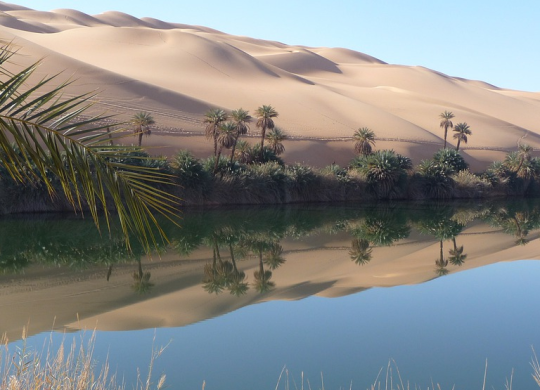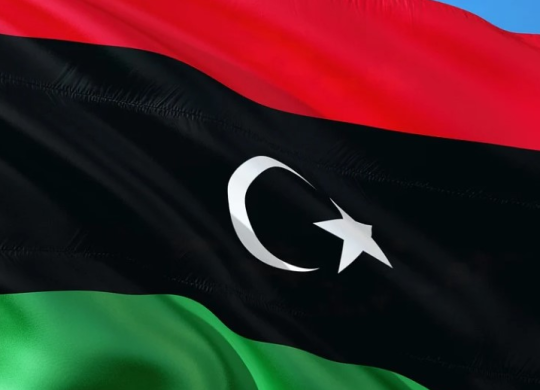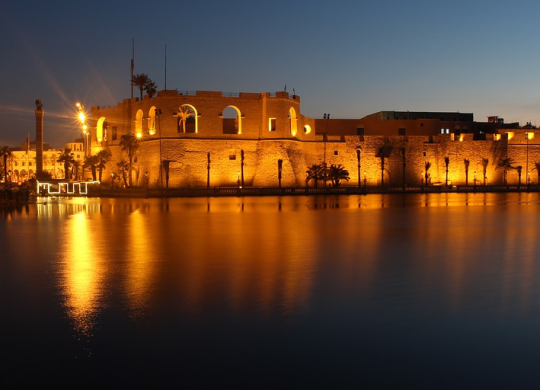Medicine and health care in Libya. Hospitals of Libya
Table of contents

The state of Libya is a country in North Africa, which is washed by the waters of the Mediterranean Sea. In most of the territory of Libya, there are rocky plains and deserts (about 90% of the area of the entire state). It has borders with several African states - Egypt, Sudan, Chad, Niger, Algeria, and Tunisia. The capital of Libya is Tripoli with a population of over 3 million people. The country has been going through hard times in the past few years due to civil war and riots. Today, Libya is still going through a political crisis and has not become stable in the economic and social spheres.
The system of medicine in Libya
According to reports from the Libyan Ministry of Health, there are 96 hospitals, 25 specialized departments, 1355 main medical centers, 37 clinics, and 17 quarantine departments in the state. Most of the doctors and medical staff are residents and citizens of the country. But there are cases and work of foreigners under the contract.
The general situation in the Libyan medical system has become much more complicated as a result of the 2014-2020 civil war. There are many problems:
• lack of real data on population health indicators
• increase in noncommunicable diseases
• lack of medicines in hospitals and pharmacies
• exodus of medical workers from the country
Getting medical services in Libya is very difficult due to the lack of necessary funds and a sufficient number of qualified personnel. Many hospitals in Libya's second-largest city, Benghazi, are still closed. The main center of medical care in this city is the Benghazi Medical Center.
A significant part of the supply of medicines to hospitals in Libya is carried out by the International Committee of the Red Cross.
But this is not enough to solve all current and future problems. And the high volume of internal migration has added a burden to the Libyan healthcare system.
Libya hospitals
You can get qualified medical care in Libya only in selected clinics. Mostly they are located in big cities (Tripoli, Benghazi). But the cost of services is paid. Free healthcare stopped at the start of the civil war back in 2011 during the overthrow of Gaddafi.
Therefore, today the treatment of severe and moderate diseases can be carried out only in a few clinics:
• June 11 Hospital, Tripoli
• Abu Slim Hospital, Tripoli
• Ain Al Khayat Hospital, Tripoli
• Al Jala Hospital, Benghazi
• Al-Khadra Hospital, Tripoli
• Al Zahra Kidney Hospital, Tripoli
• Alsafwa International Hospital, Misurata
• Asaba Hospital, Al Asabia
• Bani Walid Hospital, Bani Walid
• Hekma Hospital, Misurata
• Jalaa Maternity Hospital, Tripoli
• Razi Psychiatric Hospital, Tripoli
• St. James Clinic, Tripoli
• Tripoli Central Hospital, Tripoli
• Tripoli Eye Hospital, Tripoli
• Zliten Clinical Hospital, Zliten
When visiting Libya, we recommend that you take out medical insurance in your country to have guarantees of compensation for treatment or assistance. Consider the option of evacuation by transport from Libya to neighboring states. Thus, medicine in Libya is at a very low level due to constant conflicts within the country and an unstable political environment.
Recommended articles
3 min
Treatment
5 min
Residence permit
All materials and articles are owned by VisitWorld.Today and are protected by international intellectual property regulations. When using materials, approval from VisitWorld.Today is required.

